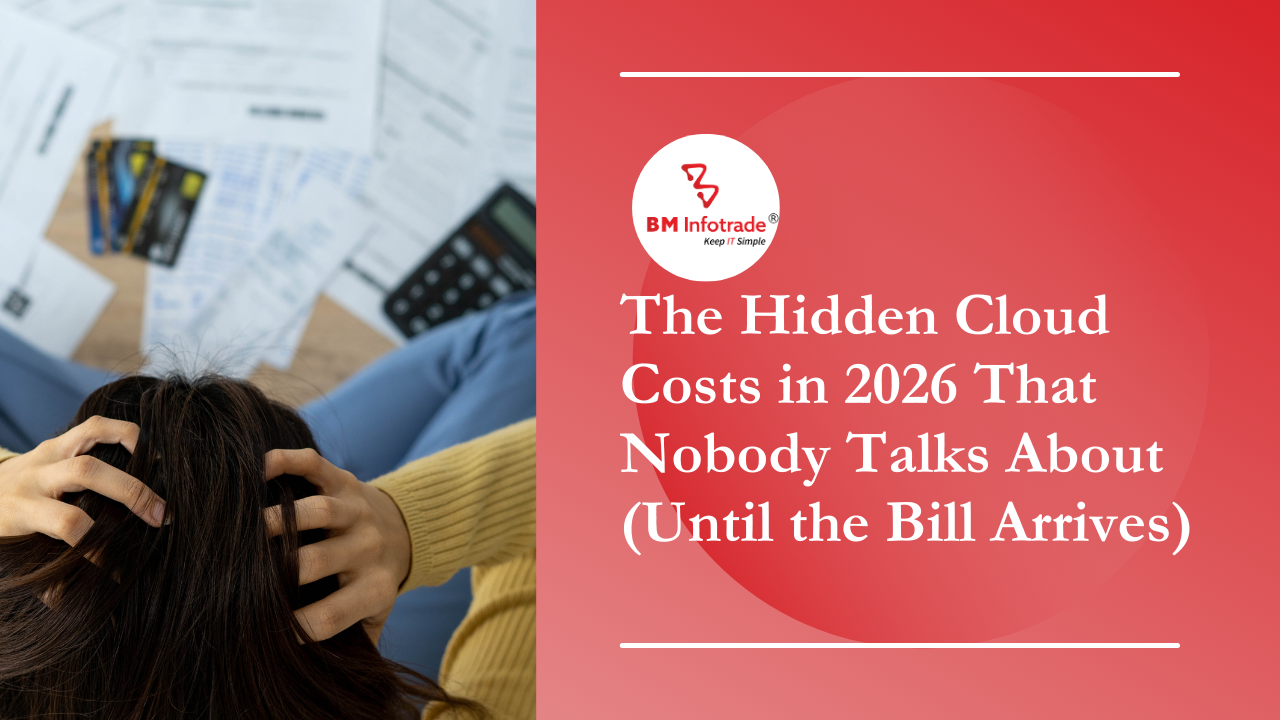Public cloud vs Private cloud: Giving you a broad view!
A private cloud, at its most basic level, is a service that is solely managed by one company and not shared with others. A public cloud, on the other hand...

Public cloud vs Private cloud: Giving you a broad view!
Table of Contents
A private cloud, at its most basic level, is a service that is solely managed by one company and not shared with others. A public cloud, on the other hand, is a subscription service that is made available to any and all customers who require comparable services.
Cloud computing is a way of providing IT infrastructure to customers, it is not just a set of products to be implemented. Any service must meet all five of the following requirements in order to be considered a cloud service:

On-demand self-service: Without having to interact with service providers directly, customers decide when to start and stop services.
Broad Network Access: Any device using any network must be able to access the service.
Resource Pooling: The provider assembles a pool of resources and apportions them to clients on demand.
Quick Elasticity: The services offered by the provider must be quickly and easily expandable.
Metered Services: The provider must monitor customer usage and adjust prices accordingly. Monitoring usage can also help to make services better.
Public cloud computing
Internet-based computing where the service provider makes all resources available to the general public. It is connected to the public Internet. A service provider uses the internet to provide the general public with resources like virtual machines, applications, storage, etc. Free or low cost pay-per-use options are available. It can be seen by anyone, and Google uses the cloud to power some of its programs, including Google Docs, Google Drive, and YouTube.
It is the most typical method of putting cloud computing into practice. It is owned, run, and distributed over the open network by the external cloud service provider. The best scenario is for businesses to work on projects with diverse organizations, such as research institutions, and need an infrastructure to support a large number of customers.

What benefits does Cloudflare provide for businesses using public clouds?
The Cloudflare network sits in front of public clouds for Cloudflare customers to increase security and performance. The full Cloudflare product stack runs in every data center, reducing latency and filtering out malicious traffic. Network traffic from end users is routed to the closest Cloudflare data center. Cloudflare also supports hybrid cloud, multicloud, or any other type of infrastructure for those organizations that also want to incorporate an on-premises data center, a private cloud, or multiple public clouds. By acting as a single control plane for numerous crucial tasks, such as DNS, SSL/TLS encryption, DDoS defense, and CDN caching, Cloudflare further reduces the danger of vendor lock-in.
Read More:- What is Public Cloud? How it works and benefits?
How do public and private clouds differ from one another?
A cloud service that is not shared with any other organizations is known as a private cloud. The private cloud user has exclusive use of the system.
A public cloud, on the other hand, is a cloud service that distributes computing resources among numerous users, even though each user's data and cloud-based applications are kept secret from other users.
A private cloud is comparable to renting a comparable-sized house, whereas a public cloud is like renting an apartment. The house is more private, but renting one is typically more expensive and not the most resource-efficient option. The building manager is in charge of apartment maintenance, but obtaining their help can be challenging.
There are internal private clouds, which are managed and maintained by a company internally, as well as hosted private clouds, which are provided by external cloud service providers.

Which cloud type is preferable, public or private?
The decision to use private or public cloud solutions ultimately depends on a number of variables, use cases, and constraints.
Organizations should typically choose a private cloud deployment model if they need a high level of performance, security, and control, as opposed to a public cloud if they are perhaps smaller businesses with a tighter budget.
Public and private clouds have a number of similarities.
Virtualization: To create virtual machines that make the most of physical hardware and resources, both public and private clouds use virtualization technologies.
Automation: To manage and provision resources, both public and private clouds use automation tools. This improves efficiency and streamlines business processes.
High Availability: In order to provide high availability and reliability, both public and private clouds are equipped with multiple data centers, redundant systems, and failover mechanisms to reduce downtime.
Scalability: Both Public Cloud and Private Cloud are created to be scalable, enabling users to quickly add or remove resources as necessary to satisfy shifting demands.
Resource Pooling: Both public and private clouds use resource pooling, which allows a number of users or applications to share resources like computing power, networking, and storage.
Service-oriented Architecture: Both public and private clouds use SOA, in which resources are offered as services that can be accessed and used by numerous applications or users.
Read More: What is Private Cloud… Start your cloud journey
Conclusion
A private cloud may be less dangerous than a public cloud. Organizations must proactively guarantee that security is strong and current in order to benefit from private cloud services. As long as a company is vigilant about security, the private cloud can offer a number of benefits in terms of security.





![Cloud Licensing and Compliance Made Easy [All-in-One Bundle]](https://bminfotrade.com/assets/upload/blog/21851766642757.png)

Anshul Goyal
Group BDM at B M Infotrade | 11+ years Experience | Business Consultancy | Providing solutions in Cyber Security, Data Analytics, Cloud Computing, Digitization, Data and AI | IT Sales Leader